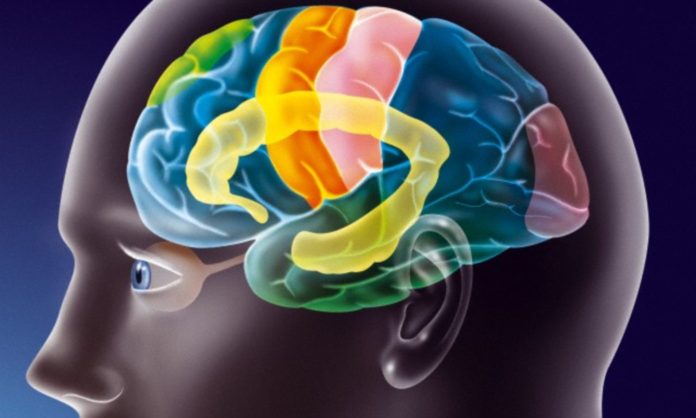All human societies have established norms that if violated resulted in some form of punishment for the individual that violated the norms of behavior. Joshua Buckholtz of Harvard University and colleagues are the first to absolutely identify the region of the brain that is involved with decision making about criminal acts and punishment for criminal acts. The researchers were able to change the decision making process to some extent according to their report in the edition of the journal Neuron.
The dorsolateral prefrontal cortex is one of the most recently evolved parts of the human brain and is the locus for decision making about the severity of a criminal infraction and the appropriate punishment. This region of the brain is also directly involved with the interpretation of mitigating circumstances that would reduce the punishment for a serious criminal offense. The researchers have shown that this region of the brain is involved in decisions about crime and punishment with magnetic resonance imaging. The brain activity in the dorsolateral prefrontal cortex increases when a decision is made concerning a crime, the severity of the crime, appropriate punishment, and the effect of mitigating circumstances.
The researchers were able to produce a reduction in the severity of punishment imposed on a fictional criminal by using repetitive transcranial magnetic stimulation to disrupt the normal magnetic fields around the dorsolateral prefrontal cortex. The reduction of punishment was based on the seriousness of the consequences of the fictional criminal’s actions and not on any perception of the fictional criminal’s intentions. The researchers note that the study may not parallel real jury decisions because the emotional setting of the experiment was not equivalent to a jury trial. Jury tampering using transcranial magnetic stimulation is not physically possible at this point in the evolution of the devices.















